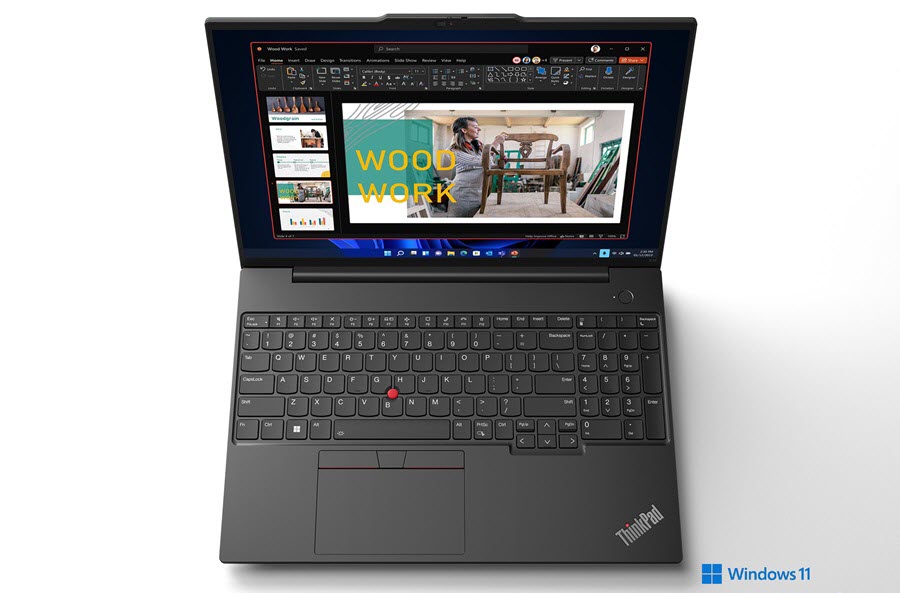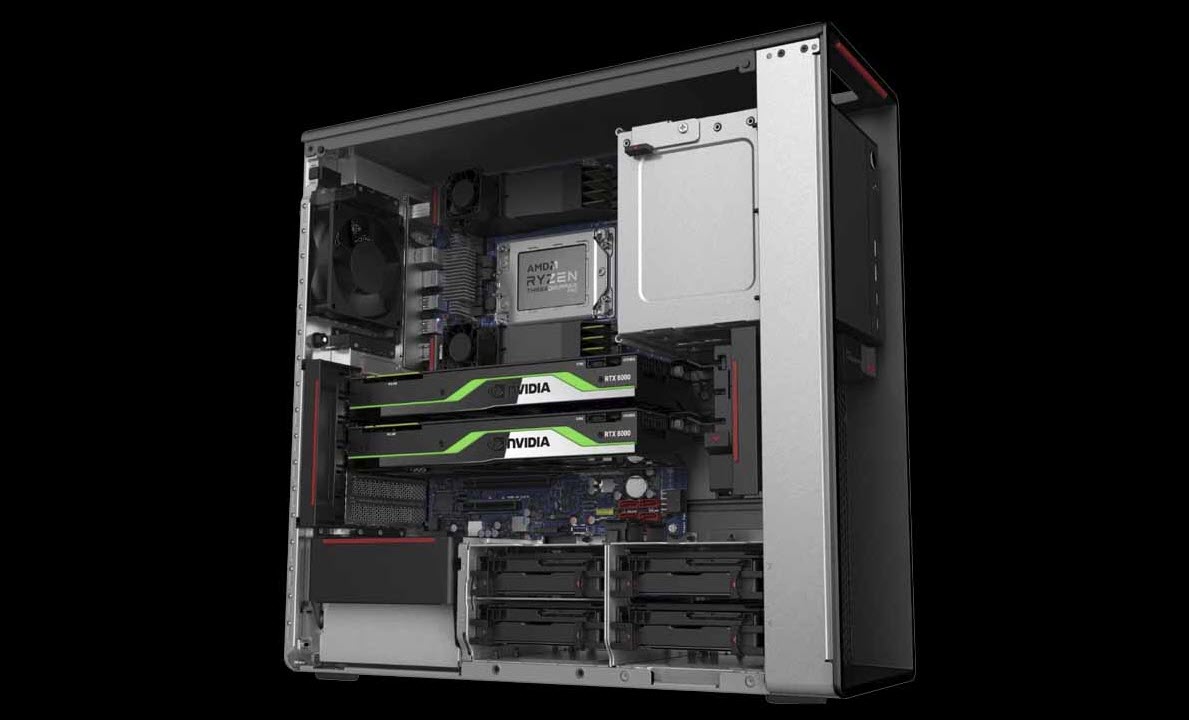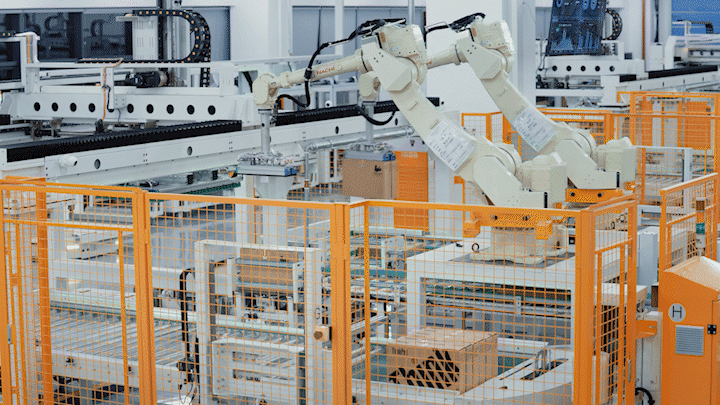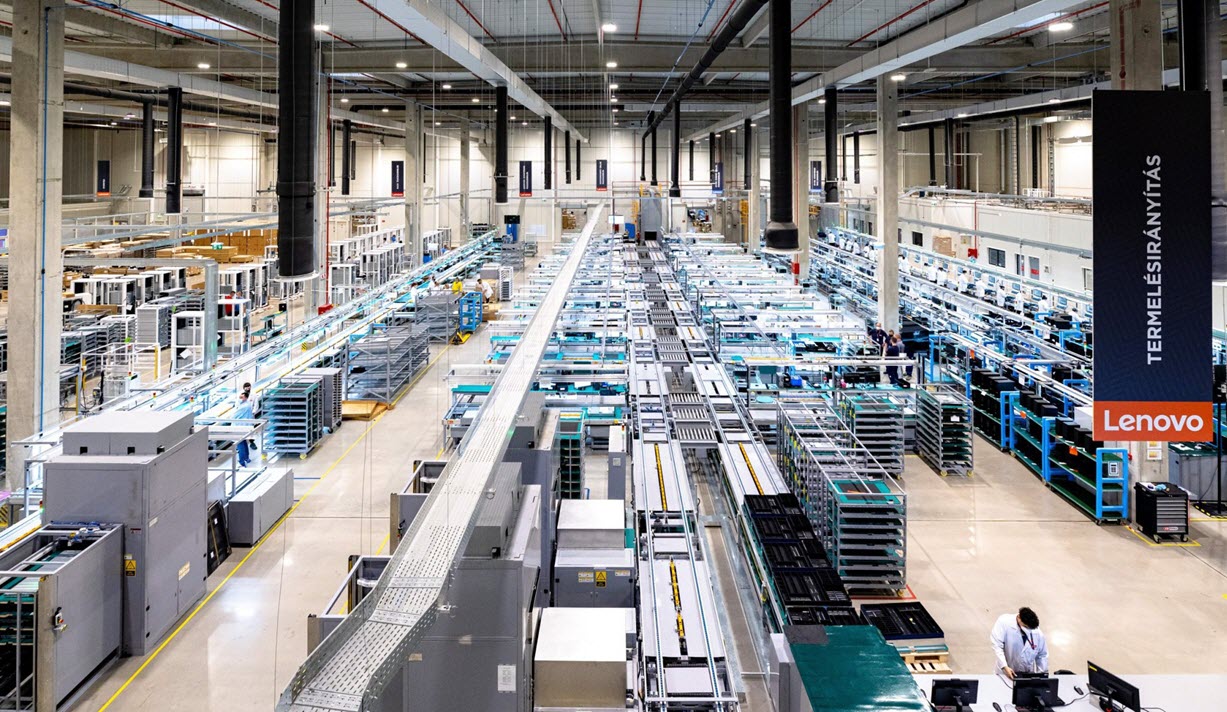Artificial Intelligence | January 22, 2024

Artificial Intelligence is poised to be the holy grail of the next decade. Commercial solutions have already revealed the possibilities of this technology, excluding solutions like ChatGPT, Dall-E, and Bard. What are the true applications that will change the world in the coming years?
Lenovo is one of the companies providing significant impetus to such innovations, from conception to real-world applications. Let’s explore some steps the company is taking to become a leading player in this sector.

During the Lenovo Tech World 2023, Lenovo launched an innovative sign language translation solution aimed at improving communication for the hearing-impaired community in Brazil. This technology uses Artificial Intelligence to interpret Brazilian Sign Language (Libras) into spoken language and vice versa. The initiative addresses a need within the community for more accessible communication tools, highlighting Lenovo’s commitment to inclusion in a growing sector.
Specifically, the company’s developed system utilizes machine learning algorithms to accurately interpret and translate Libras, providing a practical and real-time solution to bridge the communication gap between deaf and hearing communities in Brazil. This opens the door to future developments with other languages worldwide, allowing integration into various applications for widespread societal use.

The second release by the Asian firm comes in the form of the ThinkStation P620. This powerful solution offers unparalleled performance and capabilities to meet the demanding needs of data scientists and other AI professionals. With AMD Ryzen Threadripper Pro processors, Nvidia RTX 6000 graphics cards with up to 48 GB of VRAM, and 192 GB of RAM, the workstation is designed to accelerate data-intensive tasks and enhance productivity in business environments, in collaboration with Microsoft through Copilot and Windows 11 Pro.
The manufacturer’s new proposal represents a significant advance in technology for complex calculations, enabling progress in various industries. The true revolution lies in bringing this technology closer to public entities and private companies, reducing their dependence on other cloud processing services that made hiring them for AI-based applications prohibitively expensive.
Regarding the benefits of collaboration with Microsoft, the AI assistant integrated into Windows 11 significantly improves productivity and creativity to unimaginable levels. Copilot provides responses, assists with system-native actions, and integrates with the Clipboard, allowing drag-and-drop functionality for enriched interaction, in addition to text generation. It also integrates with Microsoft 365 and other productivity applications, such as Word, Excel, PowerPoint, Outlook, and Microsoft Teams, providing real-time intelligent assistance to enhance the previously mentioned aspects.

and other generative language platforms are based on what is known as LLM (Deep Learning Language Models). GPT-3, an example of this, operates most commercial solutions. Generally, these models are trained on large amounts of linguistic data to learn language patterns and structures, allowing them to perform various tasks such as automatic translation, coherent text generation, and natural language understanding.
In this case, Lenovo’s strategy is precisely to explore the limits of Artificial Intelligence. The company has announced an investment of a whopping one billion dollars to become a leader in the sector. Part of this investment will be directed toward training various LLM models to improve writing efficiency and personalize experiences. The company has also shown interest in applying these advances in the industry, as well as making them accessible to the general public.
Beyond LLM models, an incursion into other AI-based solutions is expected, such as generative models and foundation models, which can be applied to content creation or performing specific tasks.
the company has emphasized how accelerated Artificial Intelligence is transforming and optimizing production processes. The intelligent adoption of such technologies can enhance efficiency, quality, and flexibility in manufacturing environments, as well as retain specialized talent. In fact, Lenovo is already applying the various advances achieved in this sector in its own factories.

With a total investment of 300 million dollars, the new Lenovo manufacturing center called South Smart Campus (LSSC) will be capable of producing over 16 million smart products per year, potentially creating hundreds of thousands of jobs among Lenovo’s partners and customers across the supply chain. Inaugurated on May 6 in the technological capital of China, Shenzhen, the industrial park is equipped with different systems to monitor water, electricity, and gas consumption, as well as collect environmental data such as temperature, humidity, and emissions both in the park and on the production line.

The analysis and optimization of these data contribute to creating a smarter and more sustainable industrial park. The company’s goal is to extrapolate all these benefits to other industries through the application of Artificial Intelligence in industrial processes, both in terms of production and sustainability.